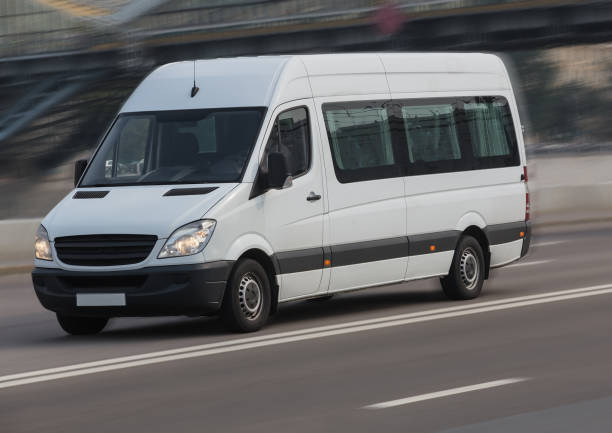
Introduction
Mini buses, also known as minibuses or mini-coaches, are popular vehicles used for transporting small groups of people. These compact yet versatile vehicles provide a convenient and efficient mode of transportation for various purposes. In this article, we explore the features, advantages, and diverse applications of mini buses in the realm of passenger transportation.
Features and Configurations
Mini buses are designed to accommodate a limited number of passengers compared to larger buses or coaches. While their specific seating capacity can vary, they typically range from 8 to 30 passengers, making them ideal for smaller groups. These vehicles are known for their compact size, which allows for easier maneuverability, parking, and access to narrow streets or locations that may be challenging for larger vehicles.
Advantages of Mini Buses
- Flexibility and Versatility: Mini buses offer a high degree of flexibility and versatility. They can be used for various purposes, such as public transportation, airport shuttles, corporate transfers, sightseeing tours, school transportation, and private events. Their adaptability makes them suitable for both urban and rural environments, catering to different passenger needs and transportation demands.
- Cost-Effective Transportation: Mini buses provide a cost-effective transportation solution for small to medium-sized groups. Compared to larger buses or coaches, they require less fuel, have lower maintenance costs, and often have more competitive rental or charter rates. For organizations, businesses, or event planners working within budget constraints, mini buses offer an affordable option without compromising comfort or convenience.
- Comfort and Amenities: Although smaller in size, mini buses are designed with passenger comfort in mind. They often feature comfortable seating with ample legroom and headspace, air conditioning or climate control systems, and amenities such as Wi-Fi, entertainment systems, and onboard restrooms. These features enhance the overall travel experience, ensuring a pleasant journey for passengers.
- Accessibility and Safety: Mini buses are generally equipped with accessibility features, making them suitable for passengers with mobility challenges. They may include wheelchair lifts, low-floor entries, and designated spaces for passengers with disabilities. Additionally, mini buses adhere to safety standards and regulations, providing secure transportation with features like seat belts, airbags, and advanced safety systems.
Applications of Mini Buses
- Public Transportation: Mini buses are commonly used for public transportation in urban and suburban areas. They provide an efficient mode of transportation for smaller communities, shuttle services within cities, or connections to transport hubs such as airports or train stations. Mini buses serve as a convenient alternative to larger buses, especially in areas with lower passenger demand or limited accessibility.
- Group Tours and Sightseeing: Mini buses are a popular choice for group tours and sightseeing activities. Their compact size allows them to access narrow streets, winding roads, and scenic areas that may be inaccessible to larger buses. Whether for city tours, countryside excursions, or special interest trips, mini buses offer an intimate and immersive experience for travelers.
- Corporate Transportation: Mini buses cater to corporate transportation needs, including employee shuttles, executive transfers, or group transportation for conferences and events. They provide a comfortable and efficient means of transporting employees, clients, or delegates between different locations, hotels, or venues.
- School and College Transportation: Mini buses are frequently used for school and college transportation, serving as safe and reliable vehicles for student transportation needs. They can transport students to and from school, field trips, extracurricular activities, and sporting events. The smaller size of mini buses also allows for easier navigation through residential areas or school campuses.
Conclusion
Mini buses play a vital role in passenger transportation, providing a convenient, versatile, and cost-effective solution for smaller groups. Their flexibility, comfort, and suitability for various applications make them a preferred choice for public transportation, group tours, corporate transfers, and school transportation. With their ability to navigate narrow roads and provide a comfortable travel experience, mini buses continue to serve as a reliable mode of transportation, connecting people and facilitating efficient mobility.
